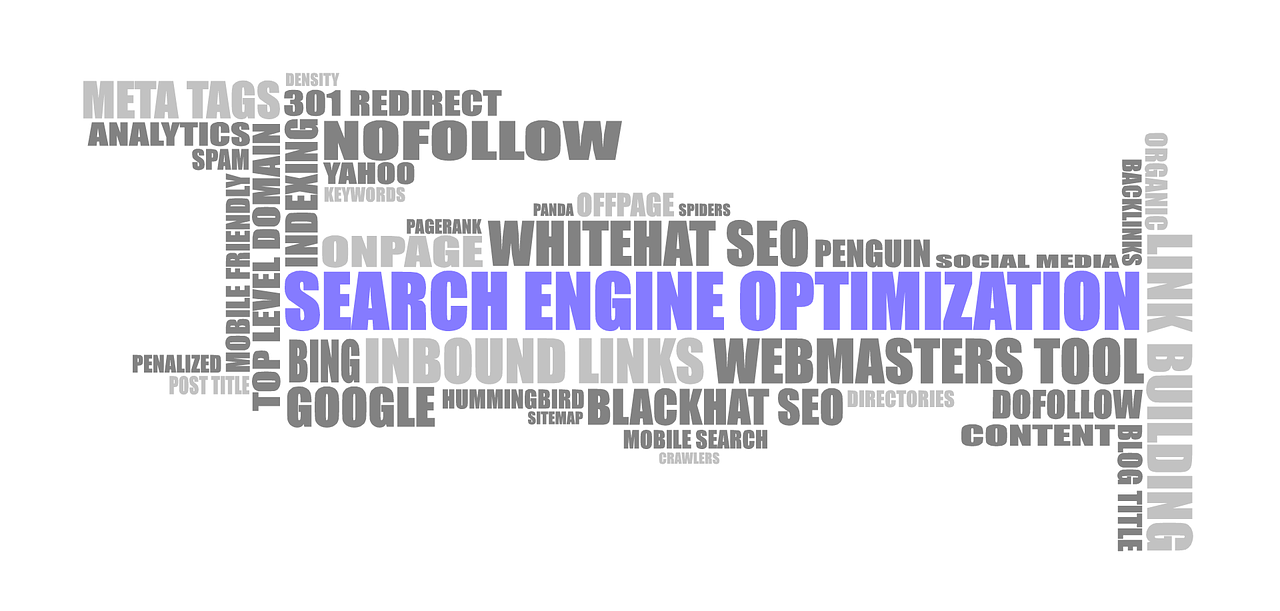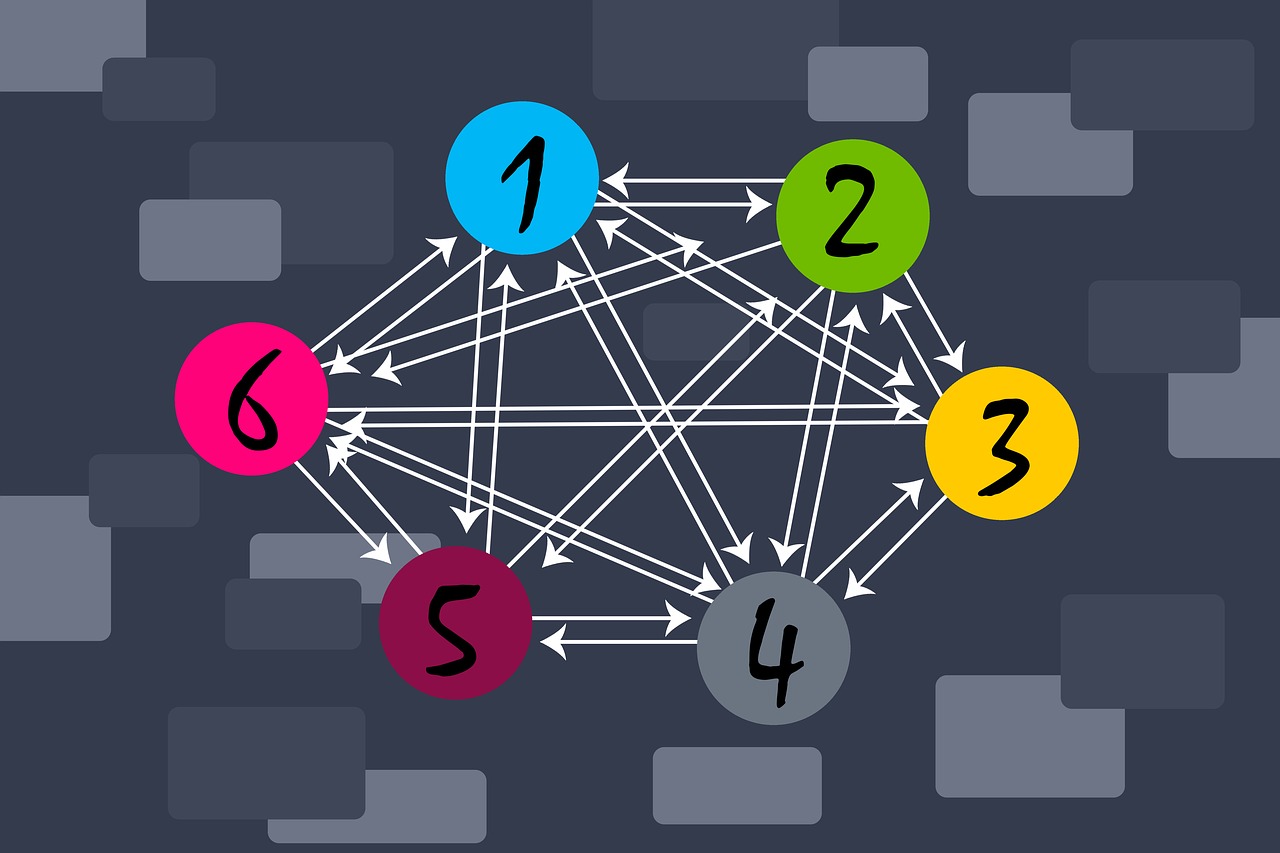What is SEO, How to Build Links, and What Black Hat Techniques You Must Avoid
Search Engine Optimization (SEO) may refer to all the methods that help optimize a website to improve its strength and visibility on search engines like Google, Bing, and Yahoo. One crucial aspect of search engine optimization is link building, which involves acquiring links from other websites to your own website. The links you build act as “votes”, signaling to search engines that there are websites that consider your website to be relevant and valued. The more links you have pointing to your website, the higher your website will rank on search engine results pages (SERPs).
SEO can be largely separated into 2 categories: One is on-page SEO and the other is off-page SEO.

On-Page SEO
On-page SEO refers to the optimization of each web page of a website in order to rank higher on search engines and receive more relevant traffic. On-page SEO includes optimizing the content, titles, meta tags, keywords, images, and overall structure of a website. This includes the following:
- Title tags: The title tag is the text that appears in the title bar of a web browser, and is also used by search engines as the title of a web page in the search results.
- Meta descriptions: A meta description is a short summary of a web page’s content, and is often displayed in the search results below the title.
- Headings: Proper use of headings (H1, H2, H3, etc.) helps to organize the content of a page and make it easy for search engines and users to understand the main topics covered on the page.
- URL structure: A well-structured URL that is easy to read and understand helps both users and search engines understand the content of a page.
- Content: High-quality, unique, and relevant content is essential for good on-page SEO. Search engines favor sites that provide useful, informative content that is updated regularly.
Off-Page SEO
Off-page SEO refers to the optimization of a website’s external links, which can impact the search engine rankings of a website. Off-page SEO includes link building, social media marketing, and other techniques to improve the visibility and authority of a website. This includes the following:
- Link building: The process of obtaining links from other blogs and websites to your own website is referred as link building. The higher number of links you have pointing to your website, the higher your website will rank on search engine results pages (SERPs).
- Social media marketing: Social media platforms like Facebook, Instagram, and Twitter can also be used to acquire links and improve the visibility of a website. By sharing your content on social media and encouraging others to share it as well, you can attract more links to your website.
- Content marketing: Creating high-quality, informative, and engaging content can help attract links to your website. Blog posts, infographics, and videos are just a few examples of content that can be created to attract links.
- Influencer marketing: Connecting with influencers in your industry and getting them to share your content can help attract links to your website.
- Branding: A strong brand can help attract links to your website. The more people recognize and trust your brand, the more likely they are to link to your website.
- Guest blogging: Writing and publishing articles on other websites is a great way to acquire links and gain exposure for your business.
It’s important to note that SEO is a constantly evolving field, and new techniques and strategies are being developed all the time. However, by focusing on both on-page and off-page SEO practices, businesses and web administrators can improve their rank and visibility on search engines, which can help them bring more relevant traffic to their websites.
How to Acquire Links to Your Website
Link building can be a challenging task, but it is an essential part of SEO. There are several different strategies that businesses can use to acquire links, including:
- Content creation: One of the most effective ways to acquire links is to create high-quality, informative, and engaging content. When people find your content valuable, they may be more likely to link to it on their own websites. This is why many businesses focus on creating blog posts, infographics, and videos that are designed to attract links.
- Outreach: Another way to acquire links is to reach out to other websites and ask them to link to your website. This can be done through email, social media, or other forms of communication. When reaching out to other websites, it is important to be respectful and professional, and to make sure that your request is relevant to their content and audience.
- Directory submissions: Another way to acquire links is to submit your website to online directories and business listings. This can help your website to be discovered by people who are searching for businesses in your industry.
- Guest blogging: Guest blogging is a great way to acquire links and gain exposure for your business. By writing and publishing articles on other websites, you can establish yourself as an authority in your industry, and attract more links to your website.
- Social media: Social media platforms like Facebook, Instagram, and Twitter can also be used to acquire links. By sharing your content on social media and encouraging others to share it as well, you can attract more links to your website.
Some Black Hat SEO Methods That You Must Avoid
There are also some link building practices that search engines consider as “black hat” and can penalize your website. It’s important to avoid:
- Paid links: Buying links is a black hat practice and is considered as a violation of search engine guidelines. Search engines may penalize websites that are found to have bought links.
- Link farms: Link farms are websites that exist solely for the purpose of linking to other websites. They are generally low-quality websites that are created to artificially inflate a website’s link profile.
- Link spamming: Spamming other websites with requests for links is considered a black hat practice. This includes sending automated messages to other websites or leaving comments on other websites with links back to your own website.
- Linking to bad neighborhoods: Linking to low-quality or spammy websites can also hurt your website’s search engine rankings. Search engines may penalize websites that are found to be linking to bad neighborhoods.
Conclusion
It’s important to focus on creating high-quality content that is relevant and valuable to your audience, and to use ethical link building techniques to acquire links. By building high-quality links, you can improve your website’s visibility and rankings on search engines, which can lead to more traffic and more business.




